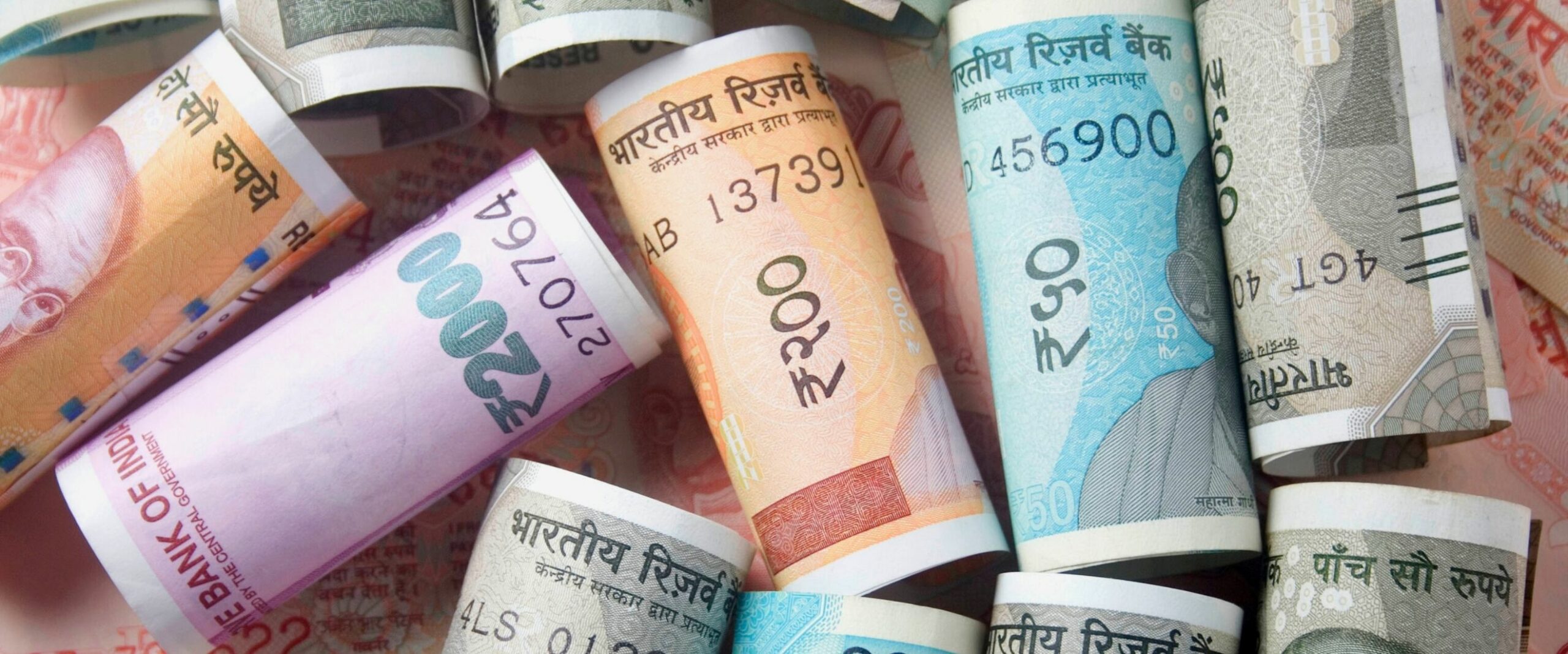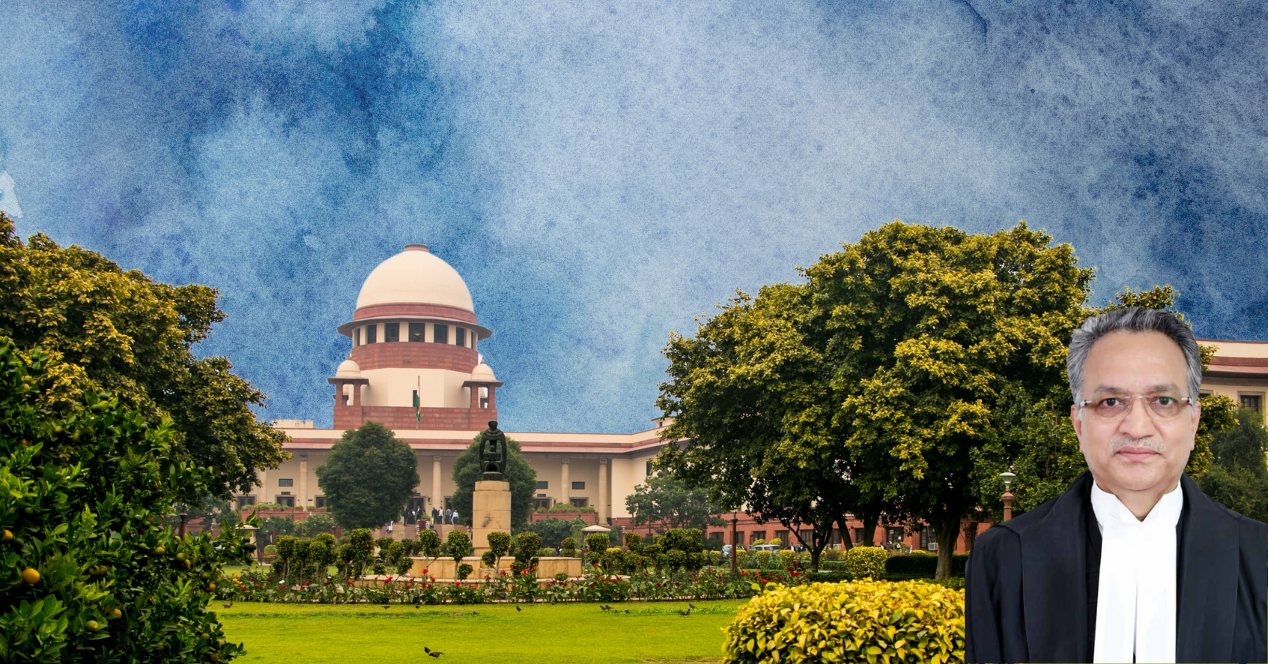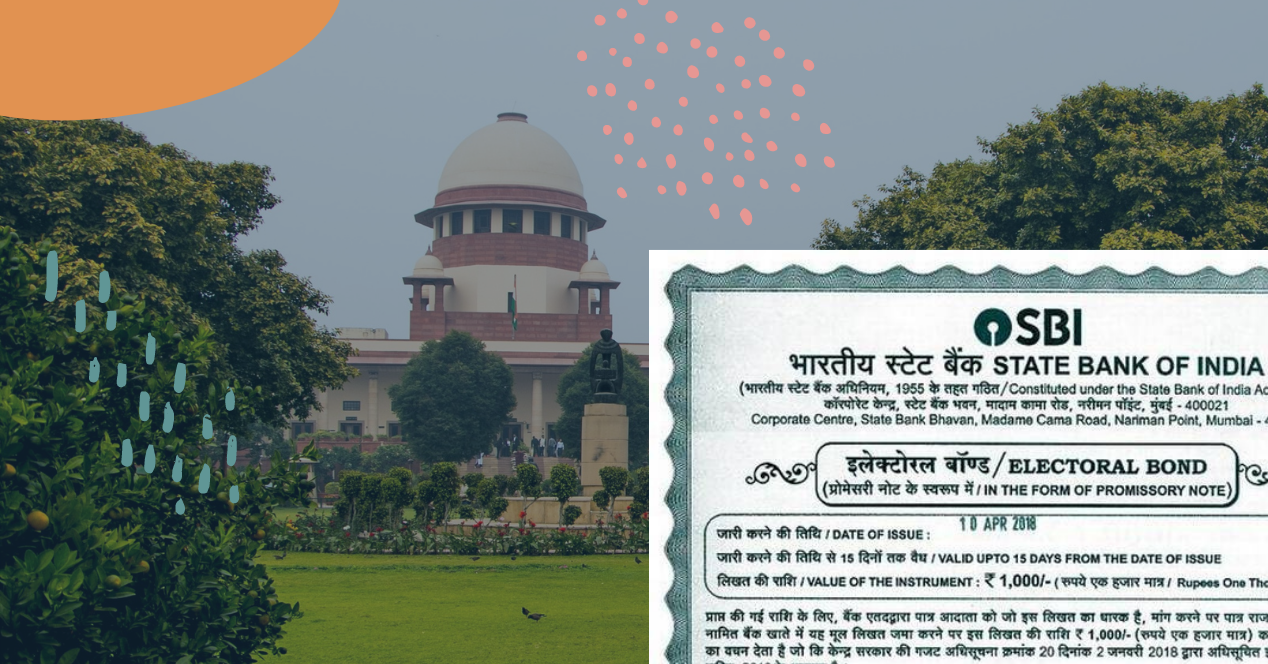Analysis
SCO Shorts: FCRA Judgment
SC upholds the Foreign Contribution (Regulation) Amendment Act (FCRA), 2020, cites concerns about sovereignty of nation.

On April 8th 2022, the SC upheld the Foreign Contribution (Regulation) Amendment Act (FCRA), 2020. The Amendments introduced new regulatory requirements for recipients of foreign contributions in India. The Union brought in these Amendments to check the misuse of foreign funds in India by NGOs and to ensure better accountability and transparency on their part.
Clarifying that there is no ‘right’ to receive foreign donations, the Court held that the Amendments were constitutionally valid and necessary to uphold the sovereignty and integrity of India.
Why it Matters
Against the growing crackdown on NGOs by successive governments, the Judgment will serve as a particular blow to smaller organisations performing grassroots work. This is because amended Section 7 of the FCRA prohibits the transfer of foreign funds from registered NGOs to other organisations and persons, irrespective of their registration status.
Coupled with the recent non-renewal of FCRA licences of prominent NGOs, the Judgment upholding the 2020 Amendments could further inhibit foreign donations.
The Challenge
The petitioners are officeholders of NGOs who challenged the Amendment on the following grounds:
- Section 7 of the amended FCRA, which bars the transfer of foreign contributions from registered NGOs to other persons, is arbitrary, unreasonable, and violative of Articles 14 (Right to Equality), 19 (Right to Freedom of Speech and Expression), and 21 (Right to Life) of the Constitution of India, 1950.
- Section 12A of the amended FCRA requires NGO officeholders to produce Aadhaar cards for FCRA clearance. Petitioners claimed that this requirement was violative of the SC’s earlier Judgment in K.S. Puttaswamy (Aadhaar) v Union of India, 2018.
- Sections 17(1) and 12(1A) required organisations seeking FCRA registration to open a bank account at a particular branch of the State Bank of India in New Delhi to receive foreign contributions. The petitioners claimed that this was unreasonable and arbitrary.
What did the Court say?
- The Court upheld amended Section 7. It stated that this provision furthered the FCRA’s legislative purpose of ensuring that foreign contributions received would be used only for the purposes for which the organisation was permitted registration and FCRA clearance. Further, past experiences of FCRA abuse demonstrated that NGOs were engaged in a chain of transactions. This could be used to destabilise the sovereignty and integrity of the nation and poses a threat to democratic values.
- The Court read down Section 12(A). It did not comment on the question of privacy but said that passports of office-holders may be produced for FCRA clearance.
- The Court upheld Sections 17(1) and 12(1A). Setting up a bank account in the specified bank would allow the government to monitor transactions carefully and hold the NGOs accountable. This would allow for better transparency and efficiency.
The Bottom Line
NGOs are barred from transferring foreign contributions to other persons or organisations. They must set up a bank account at the State Bank of India’s Sansad Marg branch in New Delhi to receive foreign contributions. However, NGO officeholders need not produce passports for FCRA clearance.
Dig Deeper
FCRA Amendment: Judgment Summary
Months from Retirement, Justice Khanwilkar Reserves Three Critical Judgments



